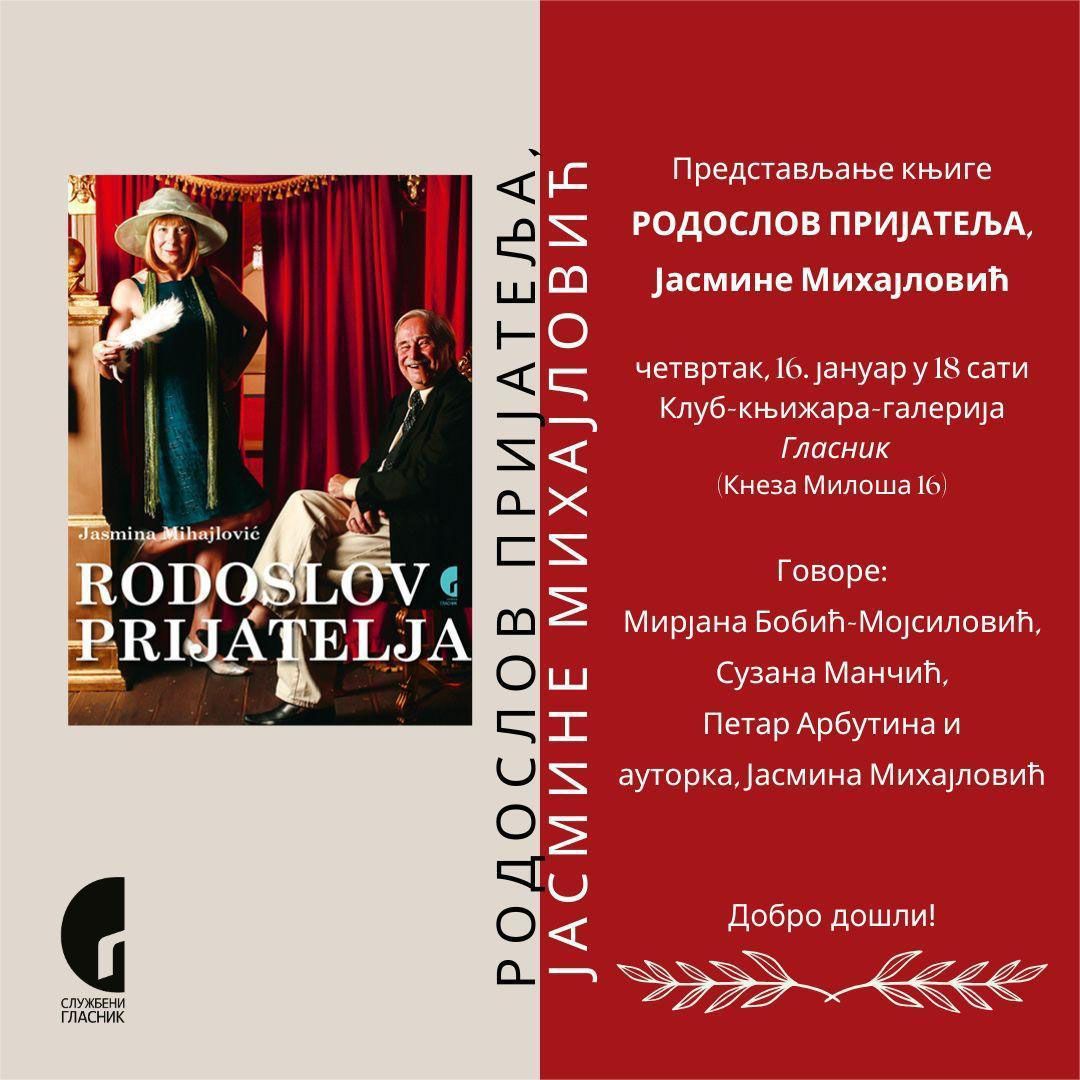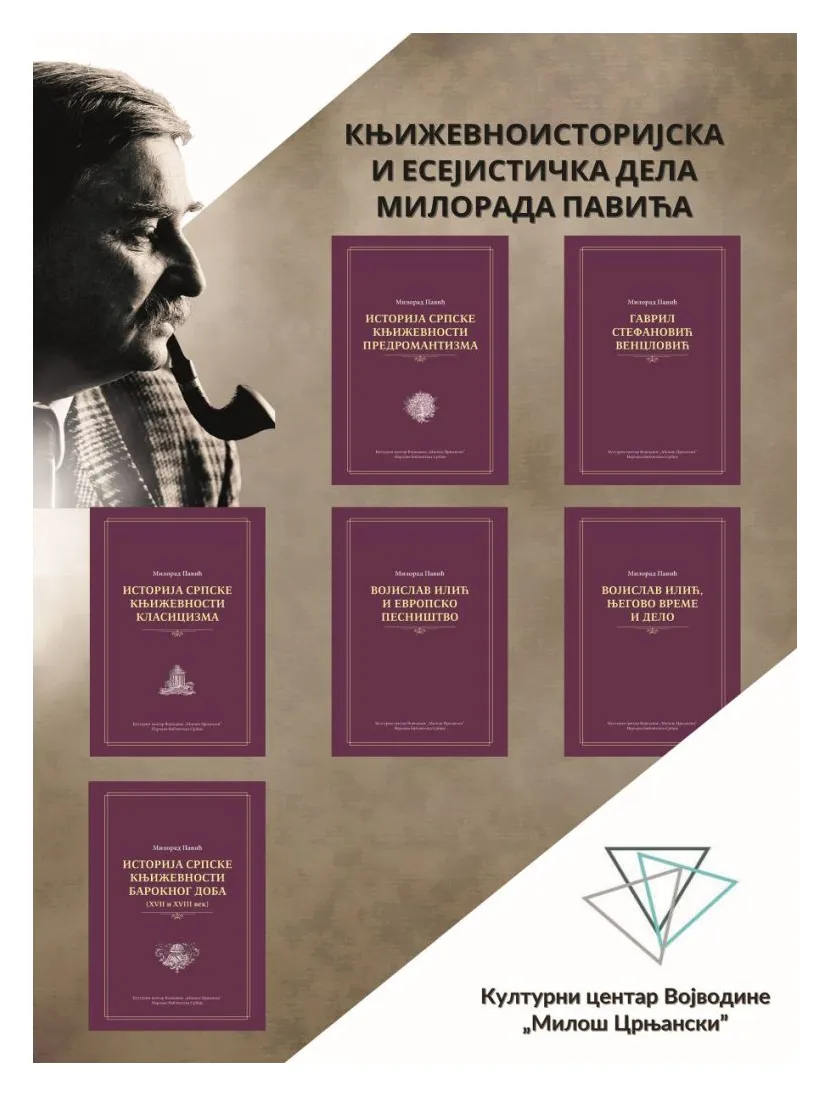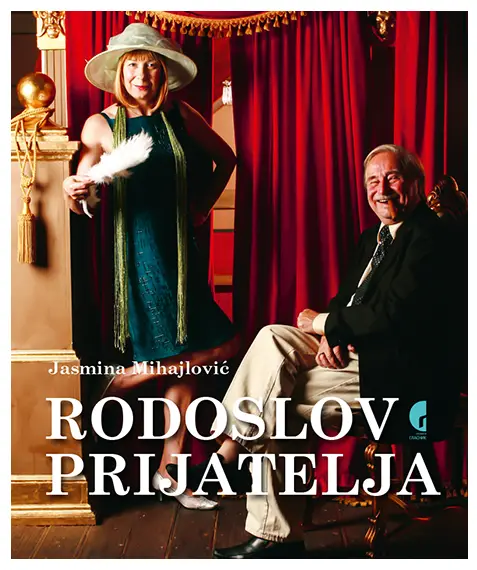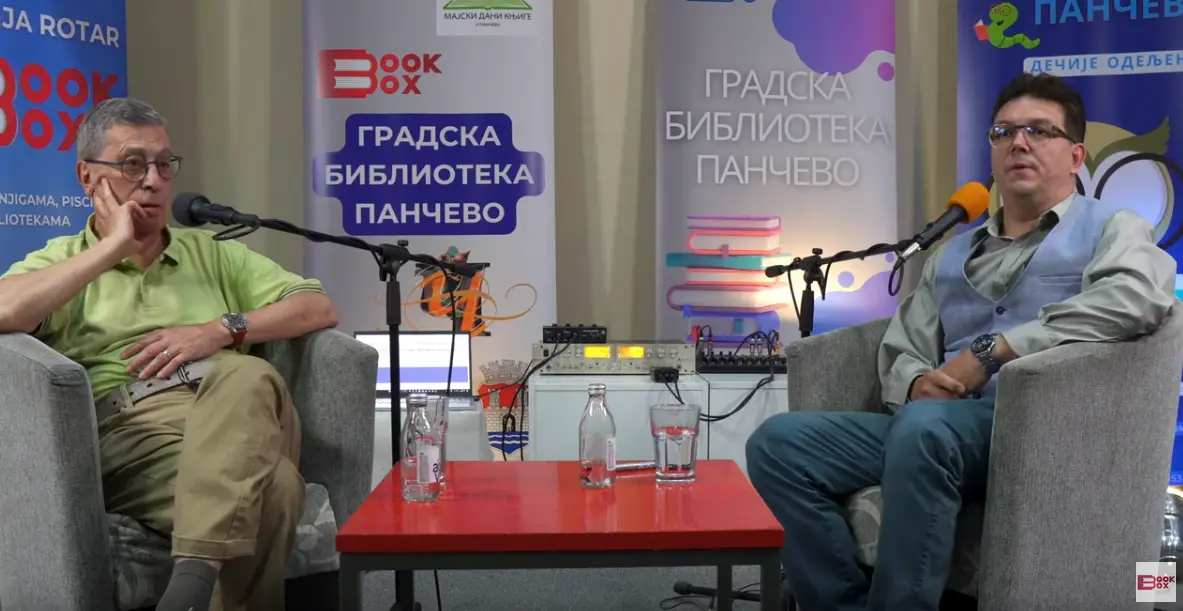Writing Box
Original title: Kutija za pisanje
Basic book data
First edition: Belgrade, Dereta, 1999, 171 pages.
- Ящик для письменных принадлежностей (Writing Box) (13)
Санкт-Петербург, Азбука, 2000, 2001(2), 2002, 2003(3), 2004, 2005, 2007.
Санкт-Петербург, Амфора 2010.
Ящик для письменных принадлежностей (audio book) (Writing Box)
Союз, 2006.
Лениздат – классика, 2013.
Санкт-Петербург, Пальмира, 2017. -
Кутия за писане (internet edition) (Writing Box)
Варна, LiterNet, 2002.
http://liternet.bg/publish1/mpavich/kutia/index.html -
საწერიმოწყობილობებისზანდუკი (Writing Box)
Tbilisi, 2007. -
Writing Box, National Library of Serbia, 2012.
- The Writing Box Amazon.com, Kindle Store,2016.
-
La boîte à écriture, Le Nouvel Attila, 2021.
-
Ящик для письменных принадлежностей (Writing Box), Eksmo, Moskva, 2024.
Overview
Heroes closed in a Writing box reflect on the nature of space and time and the names of forgotten love. Milord Pavic makes the study of this ancient subject trip to space of the human body and soul. All this and more in the Writing box.
*
Writing Box tells the audience the unusual tale of things accidentally left behind in an object purchased by chance. Having decided to explore his new item the main character discovers many things left behind by the previous owner. He sees postcards, a clay pipe, a strand of hair, a ship's log, and by virtue of the energy of these objects starts to learn about the previous owner, and to piece together the story of his life.
*
This novel by the famous Serbian writer Milorad Pavic is characterized by polysemy and non-linear narration, free circulation of space and time. The "inventory" of the accidentally old writing box and exploration of its hidden nooks and crannies turn into disclosure of the cosmos of the human soul ...
Milorad Pavić
Writing box has two endings. One is in the book, which was published during the bombing of Serbia by a Belgrade publisher, and the other ending appeared on the Internet (http://www.khazars.com/visnja-sa-zlatnom-kosticom/).
Reviews
The latest novel of our distinguished writer in which, as before, the author employs global metaphor, using an earlier story which branches out into two and tells of the relations between the Balkans and Europe… One of the heroes wants to be accepted in Europe at all costs, to forget his language and to desert the army, in order to leave the Balkans, but does not manage to do so. Just when he thinks that he could be accepted and welcomed, he realizes that as a man from the Balkans he never will be accepted, for his children go with the woman he loves. The other tragic character lives in Bosnia during the last war and loses his home and his children.
*
Isidora Gordić, Europe in Pavić’s Writing box
Playing with the usual novelistic form, Milorad Pavić assembles his novel Writing box employing the principle of Chinese boxes, where the first box is opened to reveal the next one that in turn contains the following one. The author places a writing box in front of the reader that reveals the context of an exceptional and complex love story between a rich young French girl, Lilly, and a Serbian student, Timotei.
In a post-modern manner, Pavić employs the familiar technique of mystification. A manuscript is found and various "pseudo" documents are discovered in the box (48 postcards, a Serbian manuscript from Paris rolled in an English comic book, a ship log with a star chart, e-mail, cassette tape, 53 pages torn from a book and a photograph with a note on it). This method combines reality and fiction, creating for the reader an authentic feeling upon which the story is built.
Reshaping myth and tradition is a dominant process in Pavić’s writing. It is therefore no surprise, that he manipulates Biblical, canonical and apocryphal legends, cabalistic tradition, Greek mythology, as well as Balkan folk oral tradition in order to achieve his original ideas in this particular novel. He takes an ancient story from the beginning of time and projects it onto the period at the end of the twentieth century and the love affair between his characters, who, seen in such a perspective, take on allegoric and symbolic meanings of mythic heroes. In addition, Lilly and Timotei’s perplexing relationship reflects the elaborated and complex relations between Europe and the Balkans, as a global metaphor correlating with reality (in a socio-political, economic and cultural sense).
Readers reviews
-
Cozy. Calm. Quiet in her beginning… Book-labyrinth. Gaining energy to its finale. I love so much that branching plot.
I wanted to touch and to be left alone with such writing box...
Although... just to hear his smell..








